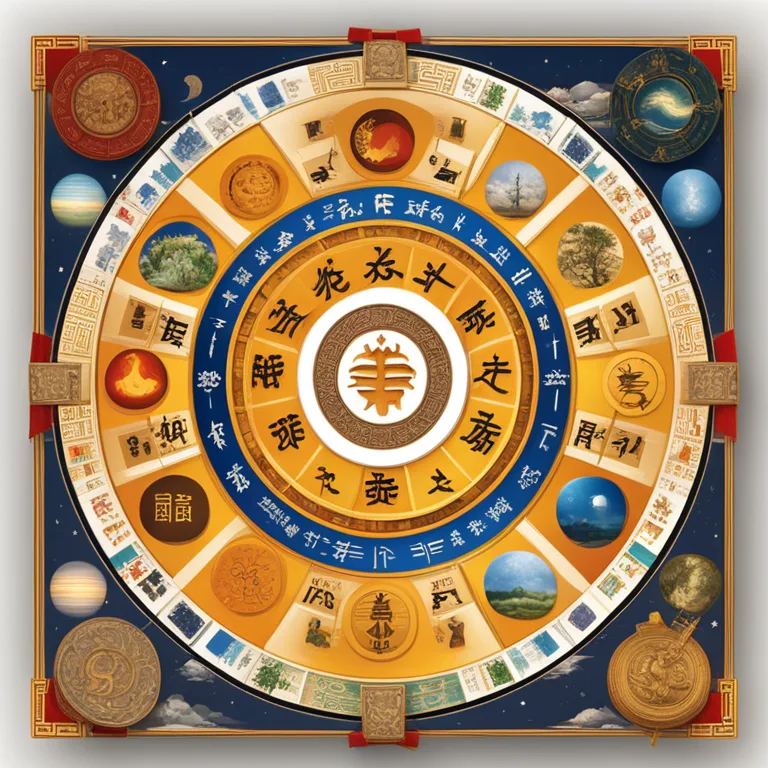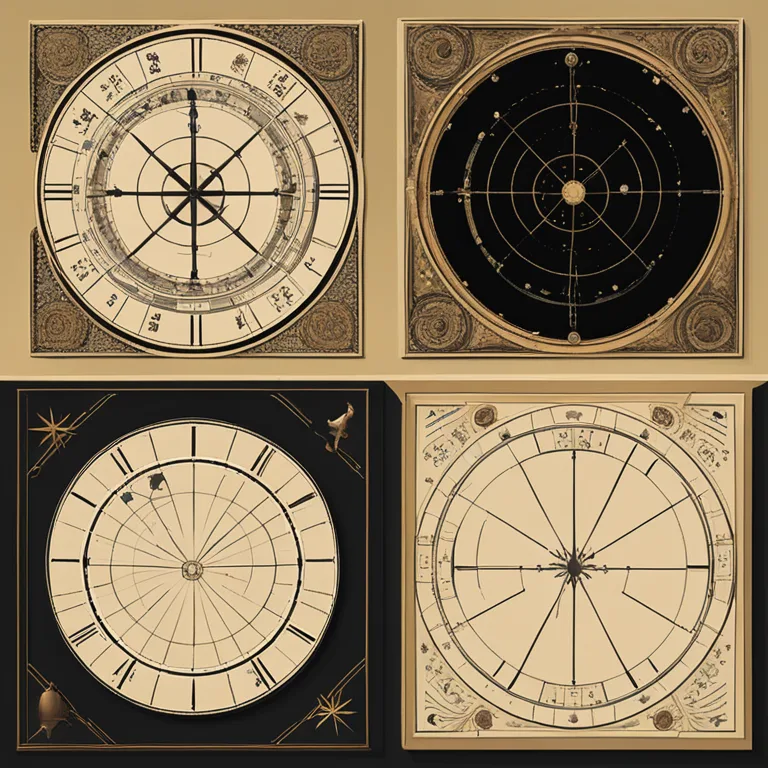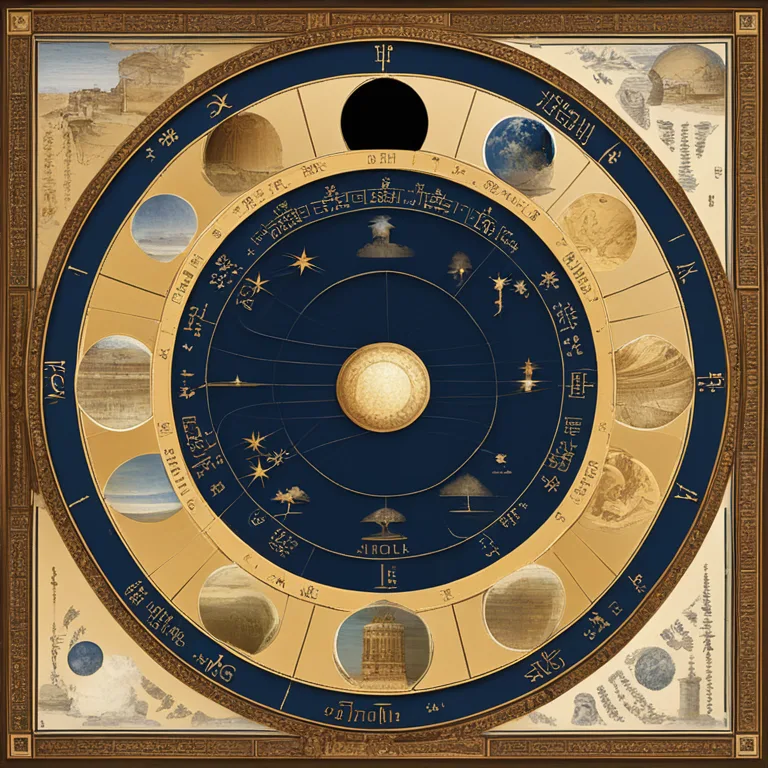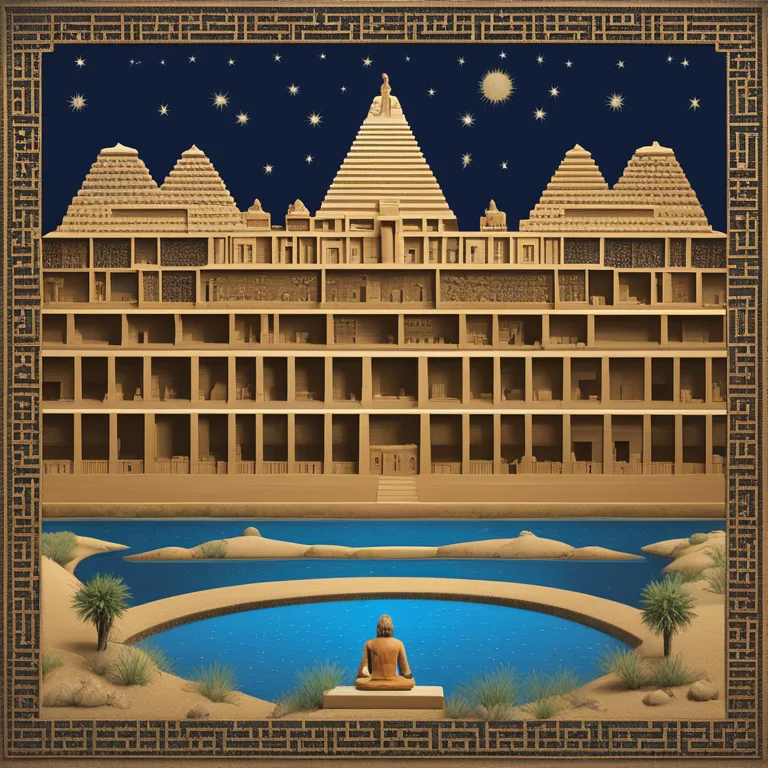
The Origins of Astrology: A Historical Perspective
Discover the ancient beginnings of astrology, how it evolved across cultures, and established its relevance in the modern world.
article by Priya Deshmukh
Ancient Beginnings
Astrology's roots can be traced back thousands of years, emerging in various forms across different cultures. Its earliest recorded instances come from the 2nd millennium BC, where the practice began in ancient Mesopotamia with the Babylonians. They developed a system of celestial omens called 'Enuma Anu Enlil' which interpreted planetary movements as divine messages. This knowledge spread, influencing the Egyptians and Greeks who furthered the discipline. Astrology was seen as a form of wisdom, used to predict seasonal shifts and guide agricultural practices.

The Evolution Through Antiquity
During the Hellenistic period, astrology evolved distinctly, as Greek scholars like Ptolemy authored texts such as the 'Tetrabiblos', formalizing its principles into something more recognizable today. His work outlined the zodiac, planets, houses, and aspects - foundational elements of modern western astrology. This era marked astrology's transition from a primarily omen-based practice to a system with a heavy emphasis on personality and human events when interpreted through horoscopic astrology.

Astrology’s Cultural Journey
Astrology's practice was not confined to the West. In China, India, and the Mayan civilization, rich astrological traditions were developed, each with unique zodiac systems and interpretations. Indian or Vedic astrology, known as 'Jyotisha', leans heavily on lunar nodes and places importance on the time of a person’s birth for destiny and personality traits. Chinese astrology, with its zodiac of twelve animals, interlaces with the country's philosophy and folklore, imparting yet another layer to this multifaceted practice.

Decline and Renaissance
The onset of the Age of Reason and scientific revelations saw astrology's decline in intellectual circles, predominantly in the Western world. Its principles, lacking empirical evidence, did not align with the emerging empirical understanding of the universe. However, in the 20th century, astrology experienced a renaissance, blending psychological insights with traditional astrological themes. This has provided astrology a more symbolic and archetypal lens, with which many explore the psyche, identity, and human experiences.

Astrology Today and in the Future
In contemporary times, astrology has once again shifted, adapting to the digital age. Individuals now access horoscopes and astrological forecasts with a click, including predictions for 2024 and beyond. Predictive techniques have been enhanced by computational power, giving astrologers the ability to offer nuanced and personalized readings. Whether consulting the stars for compatibility, career guidance, or personal growth, astrology's appeal remains strong, fusing ancient traditions with modern life.
Connecting The Ancient with the Modern
As we look to the future, astrology's potential seems boundless. With the advent of data analytics and AI, there's potential for even greater personalization of astrological services. The study of astrology, whether one sees it as a science of the spirit or an astronomy-adjacent art form, invites us to consider the impact of celestial bodies on our lives, much as our ancestors did. As horoscopes for years like 2024 are scripted, they continue to carry the whispers of astrology's past, inviting reflection and insight.
Published: 12/29/2023
Modified: 12/29/2023
More predictions
Come back here soon to learn more about yourself and your future


The Essence Of Your Birth Chart Wheel
Delve into the layers of your personality by understanding the key components of your birth chart wheel, an astrological tool for self-discovery.


Your Birth Chart: Cosmic Blueprint Explored
Delve into the insights of your astrological birth chart and discover the cosmic influences that shape your personality, path, and potential.


Asteroids & A Birth Chart: Cosmic Insights
Delve into the role of asteroids in astrology and discover how these celestial bodies influence your birth chart and personal journey.